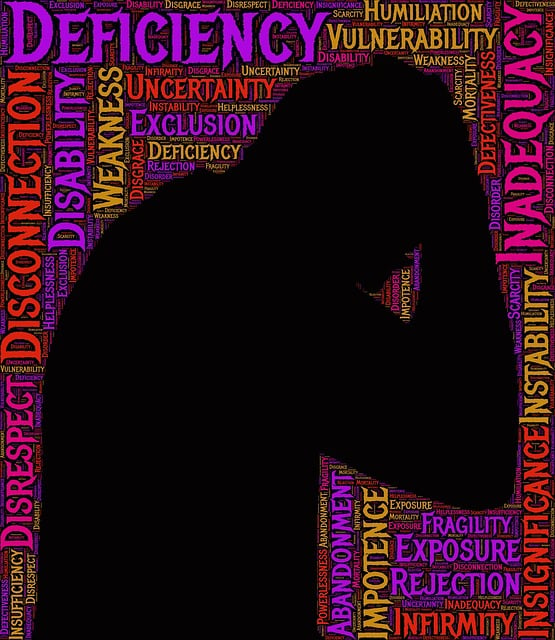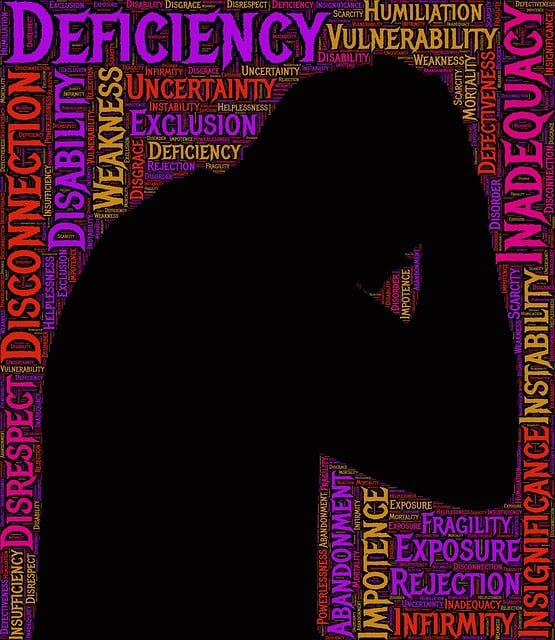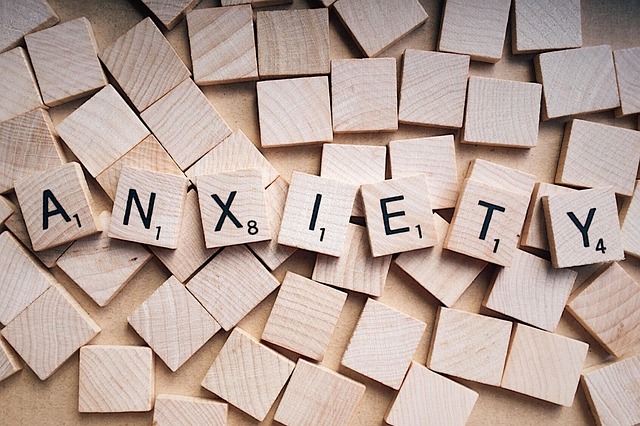Greenwood Village Self-Esteem Therapy offers a comprehensive crisis support system that goes beyond immediate distress relief. They focus on emotional regulation and personalized coping mechanisms, empowering clients with lasting skills for overall well-being and self-esteem. Their culturally sensitive approach includes strategies like mindfulness and cognitive reframing, fostering trust and helping individuals process trauma healthily. This holistic strategy not only aids short-term recovery but also promotes long-term mental resilience and reduces burnout risk.
In times of crisis, effective intervention can make a profound difference. This article explores essential strategies from the perspective of Greenwood Village Self-Esteem Therapy, offering a comprehensive guide for navigating challenging situations. We delve into understanding crisis intervention, exploring practical techniques for immediate support and the crucial role of emotional regulation in post-crisis recovery. By integrating these insights, individuals and communities can foster resilience and accelerate healing.
- Understanding Crisis Intervention: A Greenwood Village Self-Esteem Therapy Perspective
- Practical Strategies for Effective Crisis Support
- The Role of Emotional Regulation in Post-Crisis Recovery
Understanding Crisis Intervention: A Greenwood Village Self-Esteem Therapy Perspective

In Greenwood Village Self-Esteem Therapy, we believe that understanding a crisis intervention involves more than just responding to immediate distress. It requires recognizing and addressing underlying emotional vulnerabilities and triggers that contribute to an individual’s sense of helplessness or despair. Our approach emphasizes the importance of emotional regulation as a cornerstone in managing crises effectively. By teaching clients strategies to manage intense emotions, we empower them to navigate challenging situations with greater resilience.
This perspective incorporates cultural sensitivity in mental healthcare practice, ensuring that interventions are tailored to the unique experiences and backgrounds of each individual. Recognizing cultural nuances allows therapists to provide more personalized support, fostering a sense of trust and understanding. Ultimately, our goal is not just to offer immediate anxiety relief but to equip individuals with long-lasting coping mechanisms that promote overall well-being and self-esteem.
Practical Strategies for Effective Crisis Support

In providing effective crisis support, a multifaceted approach is crucial. Beyond initial response and safety assessment, integrating practical strategies such as those offered by Greenwood Village Self-Esteem Therapy can significantly enhance recovery outcomes. This includes fostering emotional healing processes through techniques that promote self-awareness and coping mechanisms tailored to individual needs. By delving into these methods, professionals can help individuals navigate challenging situations and build resilience.
One key strategy involves Social Skills Training, which equips individuals with the tools to communicate effectively during crises. Additionally, cultivating Emotional Intelligence plays a pivotal role in understanding and managing intense emotions, enabling better decision-making and self-regulation. These interventions not only support immediate crisis resolution but also lay the foundation for long-term mental well-being and personal growth.
The Role of Emotional Regulation in Post-Crisis Recovery

Emotional regulation plays a pivotal role in post-crisis recovery, serving as a cornerstone for individuals navigating challenging situations. Effective crisis intervention strategies often incorporate techniques aimed at helping individuals manage and understand their emotions during and after a traumatic event. This process involves recognizing, labeling, and coping with intense feelings healthily, which is crucial for processing the trauma. For instance, Greenwood Village Self-Esteem Therapy employs various methods to enhance emotional regulation, including mindfulness practices and cognitive reframing, empowering clients to overcome the aftermath of crises.
By integrating these strategies into crisis intervention guidance, professionals can aid individuals in preventing burnout and promoting resilience. Moreover, addressing mental illness stigma reduction efforts through open discussions about emotions can foster a supportive environment, encouraging those affected to seek help without fear of judgment. This holistic approach not only facilitates short-term recovery but also contributes to long-term well-being, ensuring individuals are better equipped to face future challenges head-on.
Greenwood Village Self-Esteem Therapy offers valuable insights into crisis intervention, emphasizing practical strategies and emotional regulation as key components of post-crisis recovery. By understanding the intricacies of crisis intervention, individuals can better navigate challenging situations and foster resilience. Integrating these evidence-based techniques empowers those affected to rebuild their sense of self and move towards a brighter future, ensuring a more effective and compassionate approach to crisis support.













